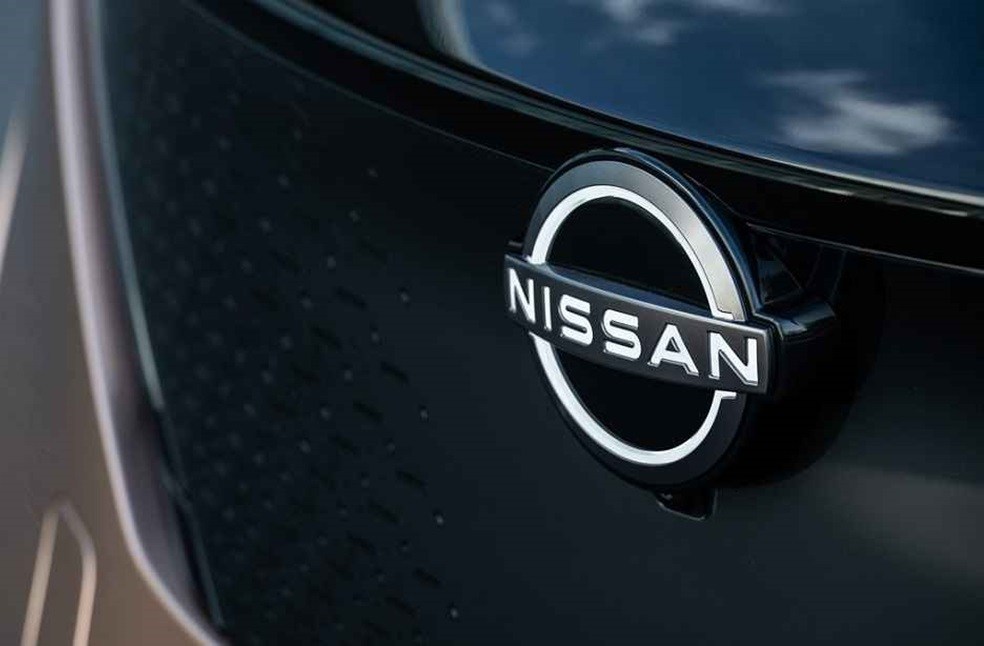Nissan Motor plans to cut production of its Rogue SUV in Japan due to a limited supply of semiconductors from Dutch firm Nexperia, according to a report by Reuters.
The reduction is expected to total about 900 vehicles starting November 10 at Nissan’s Kyushu plant in southwestern Japan. The automaker is also reviewing production plans for the week of November 17 due to the continued shortage of components containing Nexperia chips.
Known as the X-Trail in Japan and the UK, the Rogue was Nissan’s top-selling model in the U.S. last year, with close to 246,000 units sold. The vehicle is also produced at Nissan’s Smyrna plant in Tennessee.

According to Reuters, the company referred to the changes planned for the week as ‘small-scale production adjustments, impacting several hundred units at both the Kyushu facility and the Oppama plant near Tokyo, where the Note compact car is assembled.
“Once supply stabilizes, we will recover quickly and ensure any impact on customer deliveries is minimized,” the automaker stated, further noting that additional information would be shared on November 6 alongside its second-quarter results.
Another Kyushu facility run by Nissan’s subsidiary Nissan Shatai, which manufactures SUVs like the Patrol, remains unaffected for now. Last week, the automaker cautioned that supply-chain challenges, including those linked to Nexperia, would be its main obstacle in the second half of the fiscal year.

The ongoing shortage stems from the Dutch government’s decision in September to assume control of Nexperia, citing worries about possible technology transfers to its Chinese parent company, Wingtech. In response, China imposed a ban on Nexperia product exports, though it later signaled willingness to allow certain exemptions.
Automakers worldwide have been dealing with supply chain disruptions related to Nexperia, which have impacted production and, in some instances, resulted in employee furloughs.
AUTO TECH | Volkswagen to Develop System-on-Chip for Smart Driving in China





